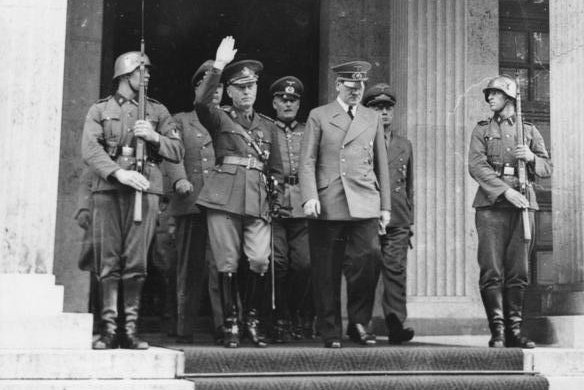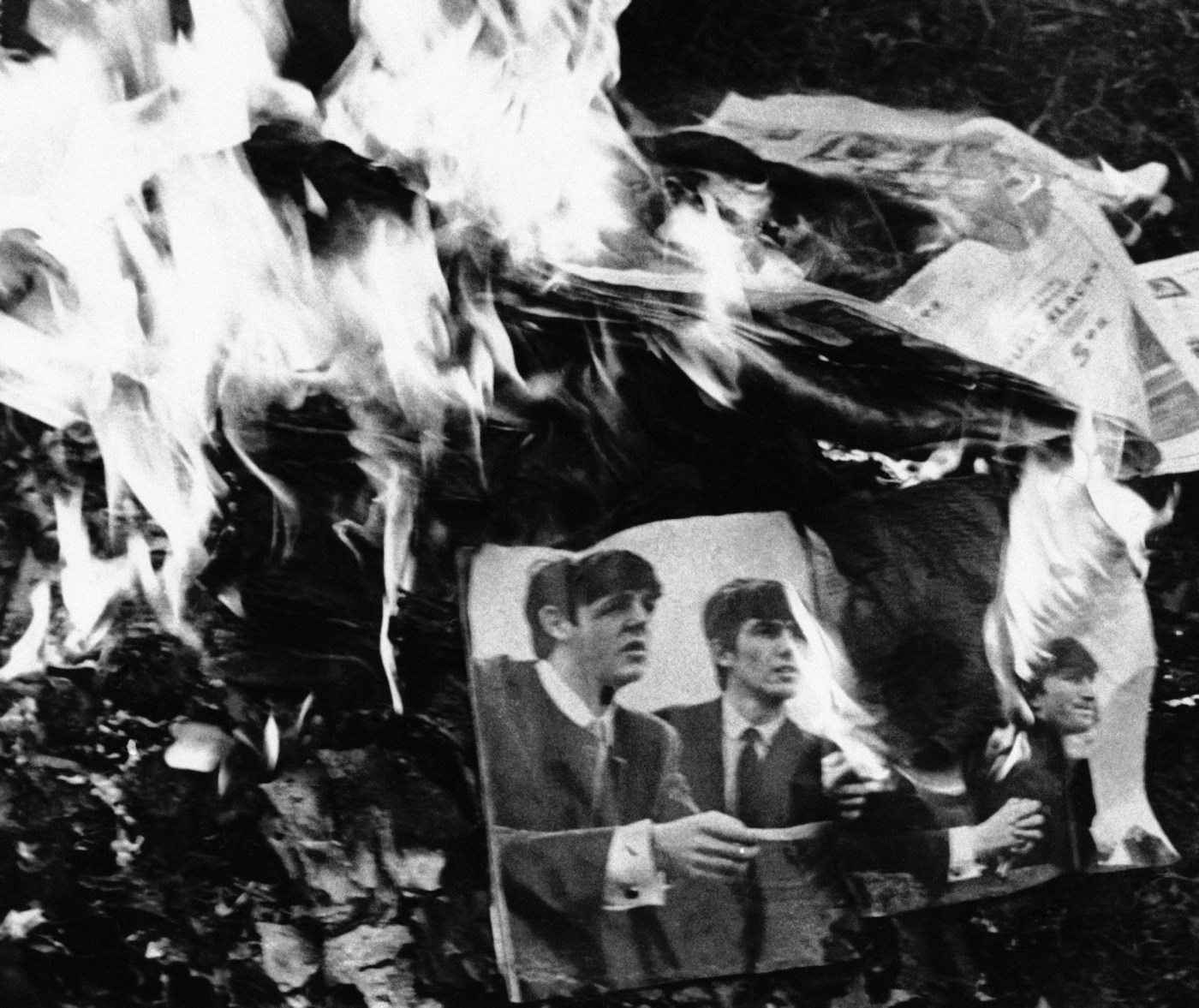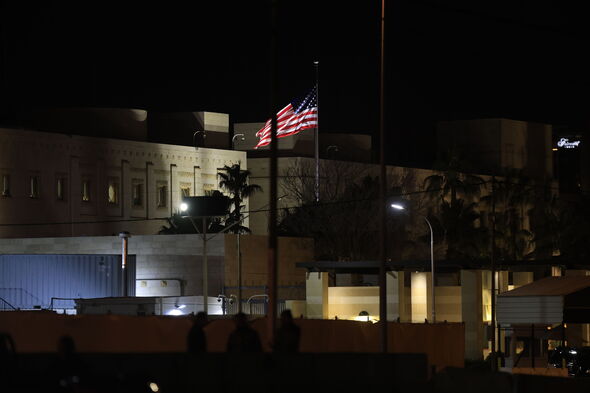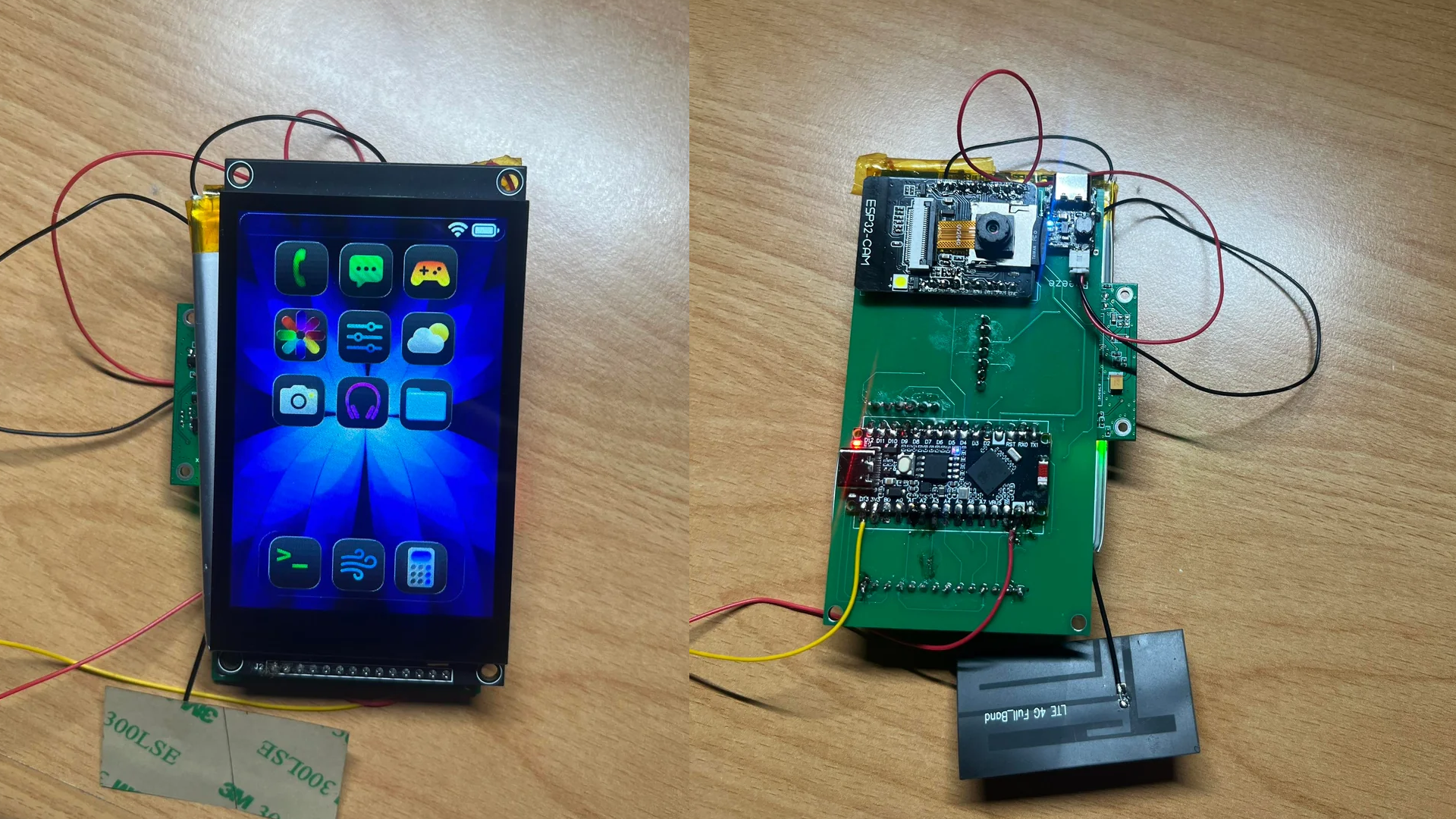
UPDATE: On this day, November 23, 1940, Romania officially joined the Axis powers during World War II by signing the Tripartite Pact, aligning with Germany, Italy, and Japan. This pivotal moment marked a significant shift in the war’s dynamics and had lasting implications for Eastern Europe.
The signing took place in Berlin, as Romania sought to solidify its position amid growing tensions in Europe. This alliance with the Axis powers facilitated military cooperation and strategic positioning against the Allied forces, which would dramatically affect the course of the war.
In related historical events, earlier on this date in 1889, the first jukebox was introduced in the Palais Royal Saloon in San Francisco, changing the landscape of music enjoyment in public spaces. The timeline of November 23 is also notable for significant events such as the first radio broadcast of a football game in 1919 and President Lyndon Johnson’s poignant tribute to President John F. Kennedy in 1963 following his assassination.
As we reflect on these moments today, it’s crucial to understand the impact of Romania’s decision in 1940. It not only contributed to the Axis powers’ military capabilities but also set the stage for subsequent battles in Eastern Europe, including fierce confrontations with Soviet forces.
Developments in historical remembrance continue to resonate today, reminding us of the complex narratives that shape our understanding of global conflicts. As this anniversary is marked, historians and educators are encouraged to engage in discussions about the implications of such alliances during wartime.
Stay tuned for further updates on how historical events are being commemorated and analyzed in today’s context.






